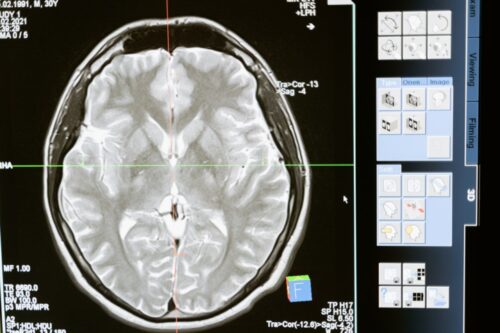
When your neurological system is left injured and damaged, it may affect your somatic and automatic nerve functions. This may also affect your ability to use your five main senses (i.e., sight, smell, touch, taste, and hearing) to process your external environment. In a worst-case scenario, your neurological injuries and damages may be life-threatening and fatal. So it is nothing less than heartbreaking if a medical professional brought on such injuries and damages through their malpractice. Continue reading to learn how medical malpractice might prompt a neurological injury and how an experienced New York City neurological injuries attorney at Mark L. Bodner, P.C. can help you recover via legal action.
What are the most common damages associated with neurological injuries?
Essentially, the three main types of neurological injuries are considered to be brain injuries, spinal cord injuries, and peripheral nerve damage. With any of these injury types, you may subsequently experience the following damages:
- You may experience difficulty with your cognitive capabilities (i.e., thought processing and decision-making).
- You may experience difficulty with your sensory capabilities (i.e., finger tingling and ear ringing).
- You may experience difficulty with your communication capabilities (i.e., reading and writing).
- You may experience difficulty with your motor capabilities (i.e., balancing and spasticity).
In what way might medical malpractice cause a neurological injury?
Simply put, a neurological injury may be brought on by medical malpractice if there is a failure to diagnose on time or at all. More specific examples read as follows:
- A medical professional may have missed their diagnosis of a stroke or heart attack, which may have prolonged oxygen deprivation to the brain tissue.
- A medical professional may have missed their diagnosis of a ruptured aneurysm, which may have prompted a hemorrhagic stroke, brain damage, or coma.
- A medical professional may have missed their diagnosis of an infection, which may have prompted meningitis that results in irreversible brain damage.
In addition, it may be brought on by a failure to treat on time or at all. More specific examples read as follows:
- A medical professional may have failed to monitor excessive bleeding during surgery, which may have prompted hypoxia that results in long-term cognitive deficits.
- A medical professional may have failed to prevent a fall or accident while under their care, which may have indirectly caused a brain, spinal cord, or peripheral nerve injury.
- A medical professional may have failed to prescribe the right type and dosage of medication, which may lead to toxic reactions in the brain.
So, if any of these scenarios seem relevant, you now know that you should respond with a medical malpractice claim against the negligent medical professional. In conclusion, if you still need a nudge in the right direction, you should feel comfortable turning to a skilled New York City medical malpractice attorney. With that being said, do not hesitate to contact Mark L. Bodner, P.C.
